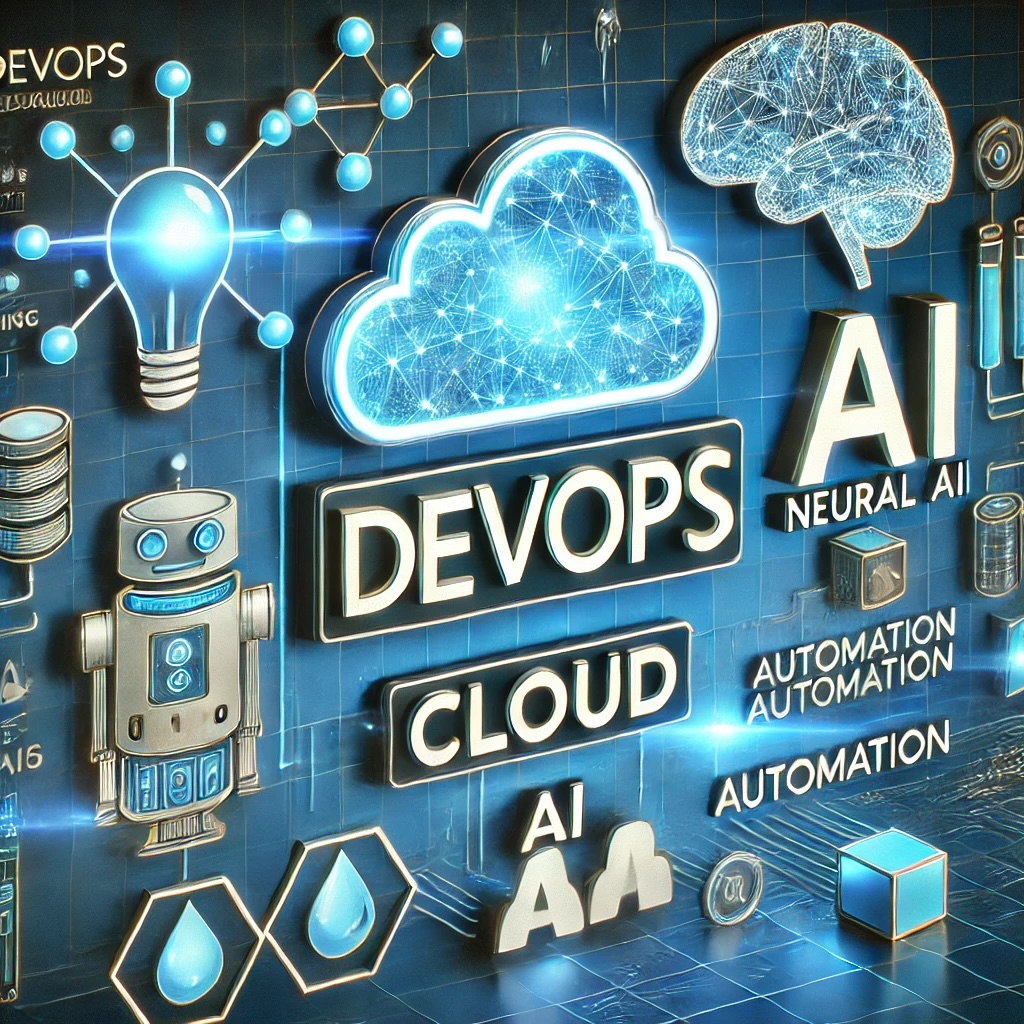How AI is Revolutionizing DevOps Automation
Introduction
The integration of AI agents into DevOps is transforming software development, deployment, and operations. With AI-driven automation, organizations can achieve faster release cycles, improved reliability, and proactive issue resolution. As the complexity of cloud-native applications grows, leveraging AI in DevOps is no longer a luxury but a necessity.

Key Areas of Integration
Automated Incident Detection and Resolution
- AI agents monitor logs, metrics, and traces in real time to detect patterns indicating potential failures.
- They can auto-resolve common issues by triggering predefined remediation workflows.
- Example: AI-driven anomaly detection tools like Dynatrace and Splunk AIOps reduce mean time to resolution (MTTR).
Intelligent CI/CD Pipelines
- AI enhances Continuous Integration and Continuous Deployment (CI/CD) by predicting failures before deployment.
- AI-driven quality gates assess code quality, security vulnerabilities, and performance risks.
- Example: GitHub Copilot and AI-based testing frameworks automate code reviews and bug detection.
Predictive Capacity Planning and Resource Optimization
- AI analyzes historical usage data to forecast infrastructure demand.
- It optimizes cloud resource allocation, reducing costs and improving efficiency.
- Example: Kubernetes AI-driven autoscalers adjust workloads dynamically based on real-time demand.
Security and Compliance Automation
- AI-driven security agents detect and mitigate threats in real time.
- AI ensures compliance by monitoring configurations against industry standards (e.g., NIST, ISO 27001).
- Example: AI-based threat detection in AWS GuardDuty and Azure Sentinel.
ChatOps and AI-driven Collaboration
- AI agents integrate with communication tools like Slack and Microsoft Teams to provide DevOps insights.
- They enable self-service capabilities, allowing developers to query system health or deploy changes via chat.
- Example: AI-powered chatbots automate troubleshooting and provide real-time alerts.
Challenges in AI-Driven DevOps
Data Quality and Bias: AI models require high-quality data for accurate predictions. Incomplete or biased datasets can lead to false positives. Integration Complexity: Incorporating AI into existing DevOps pipelines requires robust APIs and seamless interoperability. Explainability and Trust: AI-driven decisions must be explainable to gain developer trust and ensure accountability.
Future of AI in DevOps
The future of DevOps will be driven by autonomous AI agents capable of self-healing, auto-scaling, and intelligent decision-making. As AI models continue to evolve, we can expect zero-touch DevOps, where software delivery and operations become fully automated with minimal human intervention.
Further Reading
- Kubernetes vs Docker: A Comprehensive Comparison
- Kubernetes & Microservices: The Future?
- Top Automation Tools for DevOps in 2025
- AI Super Agents: The Future of Automation in Tech and Jobs